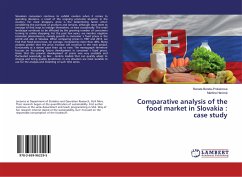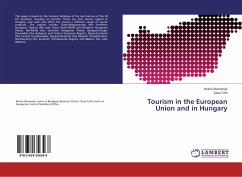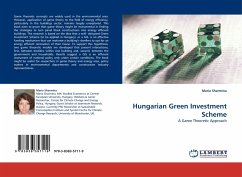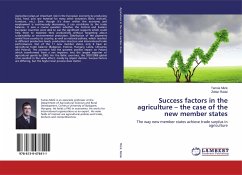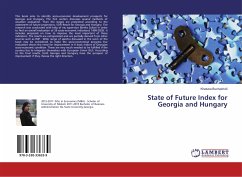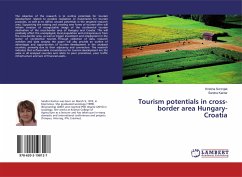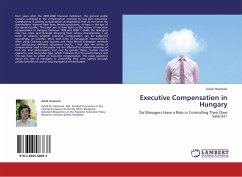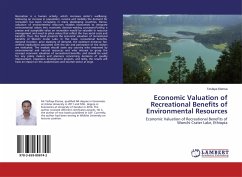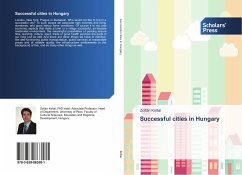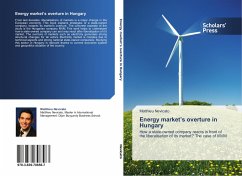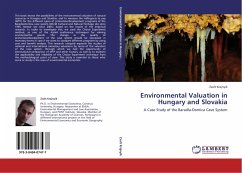
Environmental Valuation in Hungary and Slovakia
A Case Study of the Baradla-Domica Cave System
Versandkostenfrei!
Versandfertig in 6-10 Tagen
45,99 €
inkl. MwSt.

PAYBACK Punkte
23 °P sammeln!
This book shows the possibilities of the environmental valuation of natural resources in Hungary and Slovakia, and to measure the willingness to pay (WTP) for the different types of protection/development programs of the Baradla-Domica cave system (World Cultural and Natural Heritage site since 1995, Ramsar site since 2001), based on the results of the empirical research. In order to investigate this, we used the Choice Experiment method, as one of the stated preference techniques for valuing environmental goods. The change in the quality of protection/development of the cave system should be ...
This book shows the possibilities of the environmental valuation of natural resources in Hungary and Slovakia, and to measure the willingness to pay (WTP) for the different types of protection/development programs of the Baradla-Domica cave system (World Cultural and Natural Heritage site since 1995, Ramsar site since 2001), based on the results of the empirical research. In order to investigate this, we used the Choice Experiment method, as one of the stated preference techniques for valuing environmental goods. The change in the quality of protection/development of the cave system should be expressed in monetary terms in case if we want to compare different programs by using cost and benefit analysis. This research uniquely expands the studies of national and international monetary valuations by terms of the valuation of the cave system, through which we had the opportunity of international comparison of WTP and other factors, as well as to examine the applicability and reliability of the Choice Experiment technique from the methodological point of view. This study is essential to those who work or study in the area of environmental economics.



